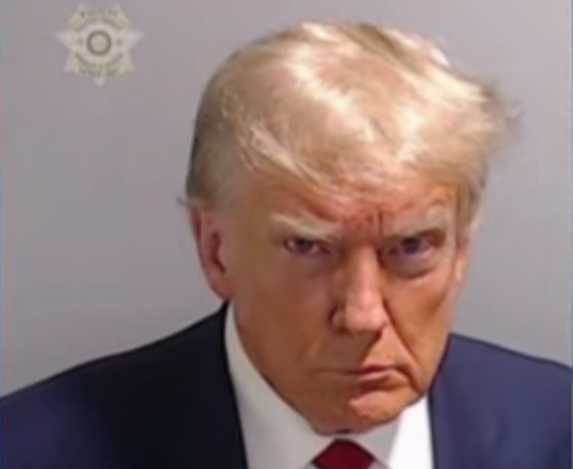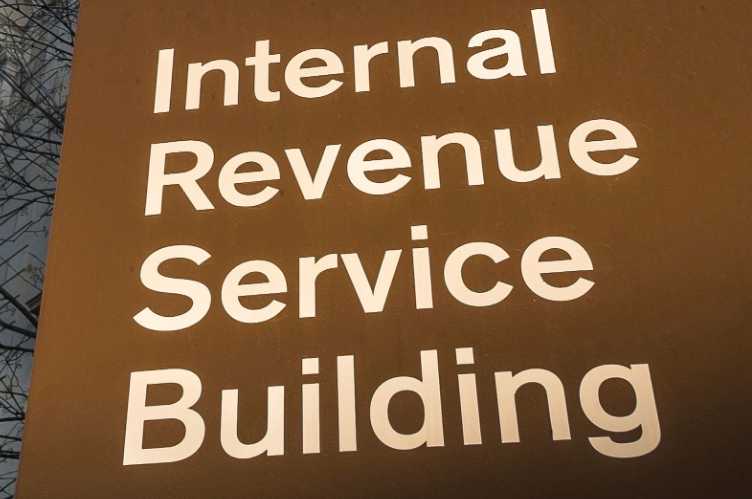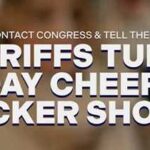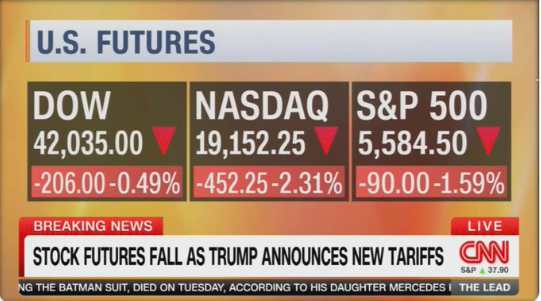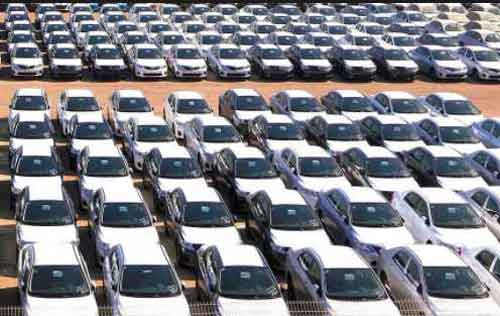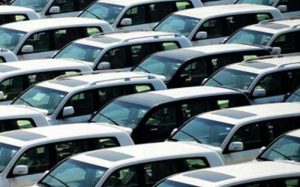
WASHINGTON — U.S. President Donald Trump on Monday decried “stupid trade” with China, contending that U.S. automakers are hurt by hefty tariffs on their exports while the U.S. imposes a much smaller tax on imported Chinese vehicles.
“When a car is sent to the United States from China, there is a Tariff to be paid of 2 1/2%,” Trump said on Twitter. “When a car is sent to China from the United States, there is a Tariff to be paid of 25%. Does that sound like free or fair trade. No, it sounds like STUPID TRADE – going on for years!”
Sales of Chinese-made cars in the U.S. are minimal, but some U.S. automakers have started making certain models in China for export to the U.S. Sales of U.S. cars in China subject to the 25 percent import tax push the cost of the vehicles thousands of dollars higher for Chinese buyers than the same models sell for in the U.S.
Trump’s broadside against China came a day after he predicted the U.S. and China would resolve their escalating fight over tariffs on hundreds of billions of dollars of goods the world’s two largest economies are threatening to impose one each other.
But there was no immediate end to the tariff standoff, with the Chinese foreign ministry saying that trade talks with the United States are impossible under current conditions.
“China will take down its Trade Barriers because it is the right thing to do,” Trump said Sunday, without offering any direct information. “Taxes will become Reciprocal & a deal will be made on Intellectual Property. Great future for both countries!”
Regardless, Trump said that he and Chinese President Xi Jinping “will always be friends, no matter what happens with our dispute on trade.”
The threats Washington and Beijing have lobbed at each other in recent days have rattled world stock markets, with wide swings of hundreds of points in stock indexes.
U.S. stocks plunged more than 2 percent Friday after Trump threatened to impose tariffs on an additional $100 billion worth of Chinese goods beyond the $50 billion worth of products he had already said would be affected.
Beijing responded in kind, saying it would impose tariffs on U.S. goods “until the end at any cost.”[xyz-ihs snippet=”adsense-body-ad”]Both countries have published lists of goods they intend to tax, with the U.S. hitting steel and aluminum imports from China, along with aerospace, tech and machinery goods. Other levies would target medical equipment, medicine and educational materials.
China said it would impose tariffs on more than 100 U.S. products, including soybeans, wheat, corn, beef, tobacco, vehicles, plastic products and an array of other items.
U.S. Treasury Secretary Steven Mnuchin told CBS News that the threat of higher tariffs posed the risk of a trade war but that he does not expect one to materialize.
“Our expectation is that we don’t think there will be a trade war. Our objective is to continue to have discussions with China. I don’t expect there will be a trade war. It could be, but I don’t expect it at all,” he said.
Mnuchin said that Trump and Xi have a “very close relationship” and that the two countries would continue to discuss trade issues.
A key U.S. lawmaker, Republican Sen. Lindsey Graham of South Carolina, told ABC News, that U.S. businesses and consumers could inevitably be hurt if China imposes tariffs on U.S. products.
“There is no way for us to address China without absorbing some pain here,” Graham said. “To those who believe that China is cheating, what idea do you have better than Trump?”
Gary Hufbauer, a senior fellow at the Washington-based Peterson Institute for International Economics, told VOA that Trump and his top administration officials recognize that the tariffs from both sides would be “very damaging to both economies.”
“The short-term impact would be highly adverse,” he said. “Both sides have a lot to gain by negotiations rather than actually implementing a tariff war.”
Source: VOA


